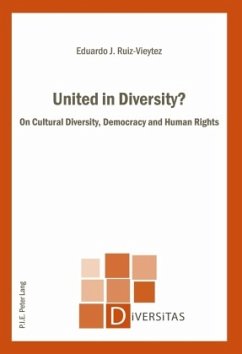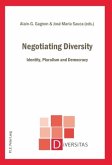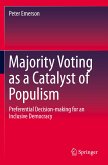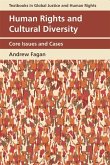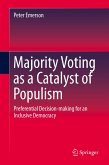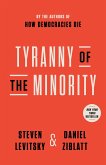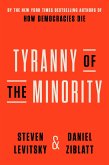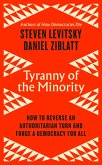We live in increasingly diverse societies. Human relations are increasingly maintained by widely-used virtual means, with the result that it is becoming more common to find people with various identities and feelings of belonging living in the same political space.
Identity, linguistic, religious and/or cultural diversity are not new phenomena in our societies, but recent population movements and improved communications make them more visible and crucial than before. Unfortunately, our institutional and political structures have not evolved at the same pace, thus the appropriate management of diversity has become one of the greatest challenges faced by policymakers today in European democratic societies.
Unlike traditional notions of democracy, which tend to see it simply as majority rule, it is necessary to widen the way human rights are viewed and implemented, always bearing in mind the plural nature of today's societies. This implies the need to rethink deeply-rooted concepts and attitudes that we have not been in the habit of challenging before. This essay aims to be a guide to facilitate such reflections.
Identity, linguistic, religious and/or cultural diversity are not new phenomena in our societies, but recent population movements and improved communications make them more visible and crucial than before. Unfortunately, our institutional and political structures have not evolved at the same pace, thus the appropriate management of diversity has become one of the greatest challenges faced by policymakers today in European democratic societies.
Unlike traditional notions of democracy, which tend to see it simply as majority rule, it is necessary to widen the way human rights are viewed and implemented, always bearing in mind the plural nature of today's societies. This implies the need to rethink deeply-rooted concepts and attitudes that we have not been in the habit of challenging before. This essay aims to be a guide to facilitate such reflections.

